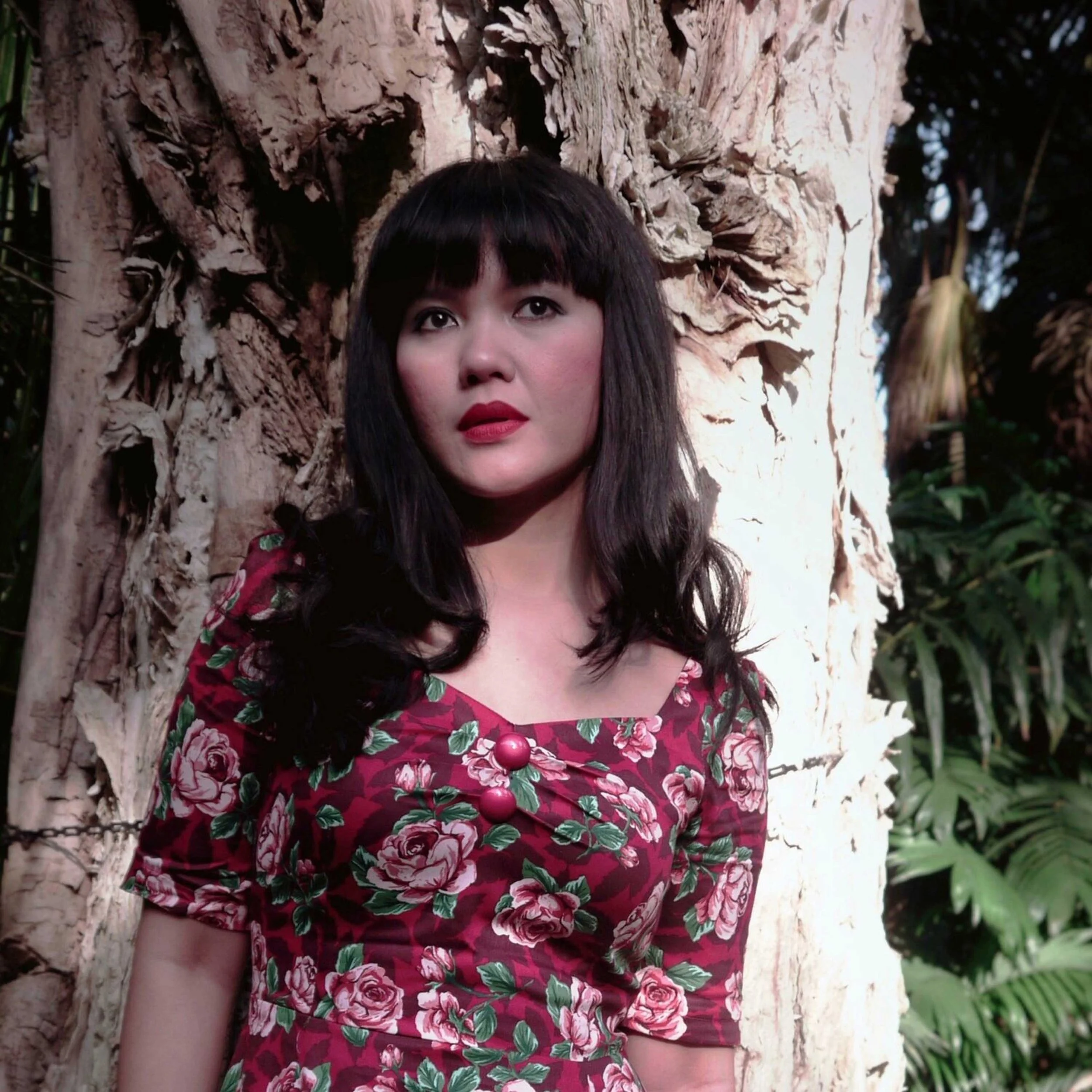AI’s Role in Society, Culture & Climate with CHARLIE HERTZOG YOUNG
/Award-winning Climate Activist
Author of Spinning Out: Climate Change, Mental Health and Fighting for a Better Future
There's that old saying, “blessed are the cracked for they shall let in the light.” For a lot of people like myself, I think it's true that losing your mind can be a proportionate response to the climate crisis. Those of us with mental health issues are often branded as being in our own world. But paradoxically, being in our own world can actually be a result of being more connected to the outside world rather than less. And in the context of climate change, it may be fairer to describe people who fail to develop psychological symptoms as being in their own separate anthropocentric world, inattentive to the experiences of the billions of other human and nonhuman beings on the planet, unaffected by looming existential catastrophe. There are layers and layers of insulation made up of civilizational narratives that dislocate many people from climate chaos and those whose psyches buckle upon contact with this reality are the ones deemed mad. But this pathologizing is a defense mechanism employed by the civilized or by the dominant culture, which ends up subjugating those of us whose minds stray from accepted norms. There are lots of studies that show that certain forms of psychosis are actually a form of meaning-making for communities that feel like they have no sense of purpose. We've had generations and generations of trauma visited upon the human species by picking apart communities and our intimate relationships with nature. Especially since the 80s, picking apart our inability to even consider ourselves as part of society in a meaningful sense .That kind of pulling apart means that we're locked in



















